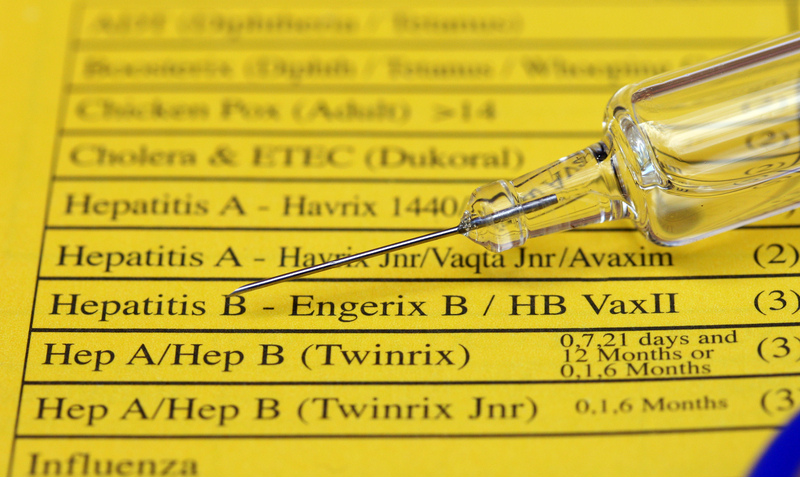A recent webinar, Disparities in Influenza Healthcare Access Among Vulnerable Populations, hosted by the National Minority Quality Forum (NMQF) and featuring insights from Opella, shone a critical light on the profound inequities in flu care access, particularly for Medicaid beneficiaries and certain racial and ethnic groups.
The discussion, led by NMQF’s Adjoa Kyerematen and including research findings from NMQF’s Center for Clinical and Social Research (CCSR), highlighted that these disparities are not merely inconveniences but systemic failures leading to delayed treatment, increased complications, and an overburdened healthcare system.
The research, based on claims data from 2015 to 2019, analyzed millions of patient records to uncover significant gaps in timely treatment and access to care. Findings emphasized the urgent need for equitable care delivery and expanded access to flu antivirals, especially as a severe flu season like 2024–2025 looms.
Stark Gaps in Access
The webinar revealed sharp differences in the initial point of care for flu patients based on insurance status. While 88.5% of commercially insured patients received their first flu diagnosis in an outpatient setting, nearly half (48%) of Medicaid patients had their initial diagnosis in the emergency department (ED). This means flu-related ED visits occurred at double the rate for Medicaid beneficiaries compared to commercially insured patients (637 versus 300 per 100,000 beneficiaries).
Dr. Gary Puckrein, President and CEO of NMQF, stressed that this reliance on EDs as a “standard of care” for flu indicates a “failing system.” These disparities are compounded further when considering race and ethnicity within Medicaid.
A staggering 64.5% of non-Hispanic Black Medicaid patients received their initial flu diagnosis in the ED, compared to only 32.5% in an outpatient setting—a “pretty stark gap.” Similarly, 51.6% of Hispanic Medicaid patients first sought care in the ED.
These inequities stem from systemic factors such as too few providers accepting Medicaid due to low reimbursements, limited appointment availability, transportation barriers, and a lack of trust built on past discrimination. Medicaid patients also have a higher prevalence of comorbidities (40% vs. 28.7% for commercially insured patients with a flu diagnosis), making timely care even more crucial to prevent life-threatening complications.
Crucially, the study found that nearly half of Medicaid flu patients do not receive an antiviral following their diagnosis, often missing the critical 48-hour window when these treatments are most effective.
A Call for Systemic Reform
To address these profound inequities, experts emphasized the urgent need for systemic reform, particularly advocating for expanding over-the-counter (OTC) access to influenza antiviral treatments.
Dr. Josephine Fubara, Chief Science Officer at Opella, emphasized that OTC access is “not just a matter of convenience; it’s an equity solution that ensures that vulnerable populations can access the care they need when they need it, as it could be a matter of life and death.”
Dr. Mario Cruz Rivera, Global Medical Director at Opella, outlined a proactive model where individuals could use readily available OTC diagnostic tests to confirm flu and begin antiviral treatment within the critical 0–48 hour window. This approach would empower patients, bypass systemic barriers such as appointment delays and transportation issues, reduce the strain on overburdened EDs, and lead to faster recoveries, fewer complications, and improved public health outcomes.
The conversation concluded by urging policymakers to consider new models of care—including telehealth, culturally competent care, and robust public education campaigns—to ensure proper use of new therapies. All were seen as vital steps toward building a more equitable healthcare system in the 21st century.
Trending Topics
Features
- Drive Toolkit
Download and distribute powerful vaccination QI resources for your community.
- Health Champions
Sign up now to support health equity and sustainable health outcomes in your community.
- Cancer Early Detection
MCED tests use a simple blood draw to screen for many kinds of cancer at once.
- PR
FYHN is a bridge connecting health information providers to BIPOC communities in a trusted environment.
- Medicare
Discover an honest look at our Medicare system.
- Alliance for Representative Clinical Trials
ARC was launched to create a network of community clinicians to diversify and bring clinical trials to communities of color and other communities that have been underrepresented.
- Reducing Patient Risk
The single most important purpose of our healthcare system is to reduce patient risk for an acute event.
- Jessica Wilson
- Victor Mejia
- Subash Kafle

















